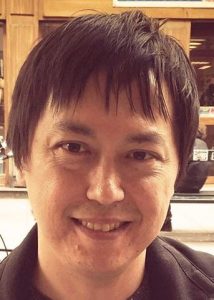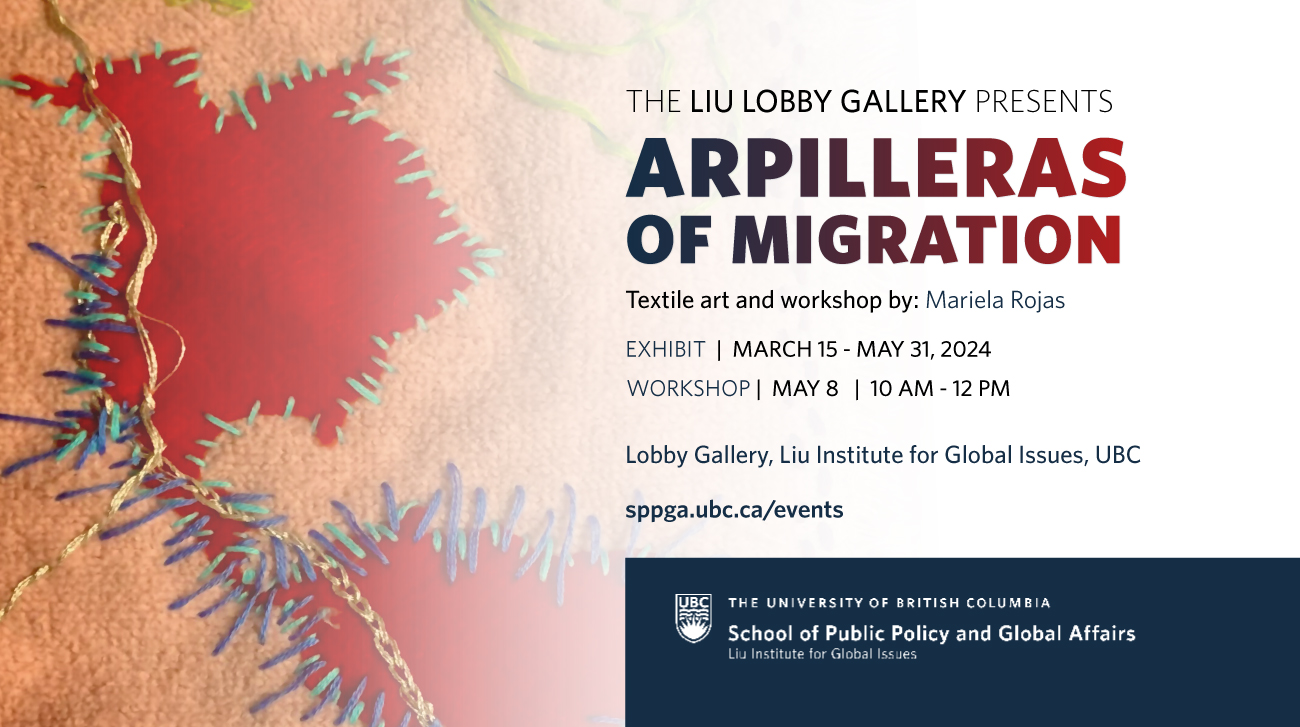Until now, work on Japan’s colonial legacy of industrialization in Korea has focused on whether or not Japan laid the foundation to South Korea’s post-war economic growth. Much of this work, however, has largely been defined by a nation-based understanding of economic development (e.g. the “miracle on the Han” narrative), which either asserts discontinuity or continuity with Japan’s colonial past. Largely missing from such accounts is an analysis of the transnational flows of capital, ideas, people, goods, and technology that formed the basis for post-war Korean development and the new international power relationships that were formed within these flows, which emerged out of entangled histories of Japanese colonial rule and the rise of the US cold war order in East Asia. By focusing on Japan’s management of the Soyanggang Multi-Purpose Dam Project—a prominent symbol of post-war Korean development— this talk will examine the history of Korean developmentalism as a transnational process of dynamic exchange, negotiation, and conflict between Japanese and Korean experts. The project’s supervisor, Nippon Kōei, was established by former colonial engineers who had earlier worked in Korea. These same engineers were contracted by the Park Chung-hee government to supervise the construction of South Korea’s hydropower infrastructure. I examine how the visions, policies, expertise, and networks from their colonial experiences were reconfigured after the war at large-scale infrastructure projects such as Soyanggang Dam into a new, postcolonial technical aid network linking Japan, South Korea during the cold war.


Speaker: Aaron S. Moore is Associate Professor of modern Japanese history in the School of Historical, Philosophical, and Religious Studies at Arizona State University. He is the author of Constructing East Asia: Technology, Ideology, and Empire in Japan’s Wartime Era, 1931-1945 (Stanford University Press, 2013). His current project, Engineering Asian Development: The Cold War and Japanese Post-Colonial Power in Asia, examines the history of Japan’s overseas development system in East and Southeast Asia from its origins in Japan’s colonial rule over much of Asia before 1945 to its rise into the world’s leading aid donor by the Cold War’s end in 1989.
